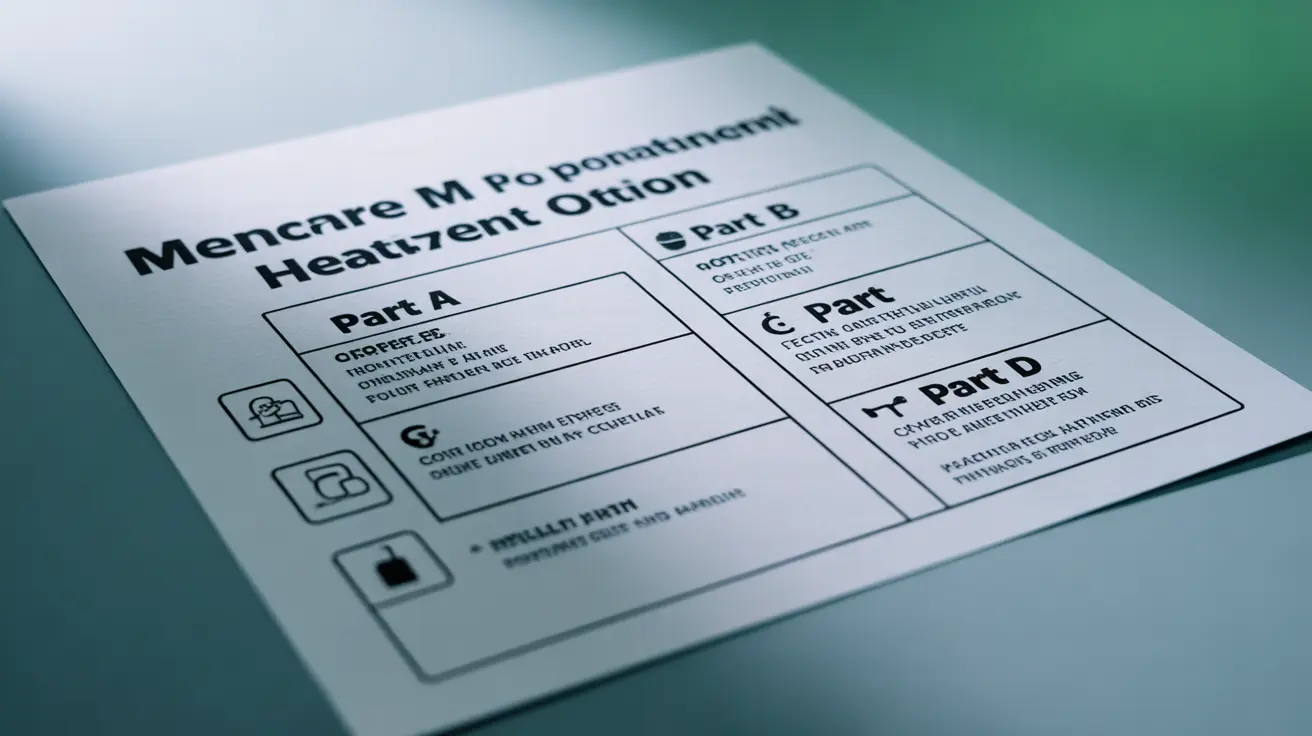Understanding how Medicare covers hepatitis C treatment is crucial for beneficiaries managing this serious viral infection. Medicare offers various coverage options for hepatitis C medications, screenings, and related medical care through its different parts. This guide will help you navigate the coverage details and understand what to expect.
Medicare Part D Coverage for Hepatitis C Medications
Medicare Part D prescription drug plans typically cover FDA-approved medications for hepatitis C treatment. These include direct-acting antiviral drugs (DAAs) that are the current standard of care. Coverage may vary by plan, but most Medicare Part D plans include popular hepatitis C medications in their formularies.
Common Covered Medications
- Epclusa (sofosbuvir/velpatasvir)
- Harvoni (ledipasvir/sofosbuvir)
- Mavyret (glecaprevir/pibrentasvir)
- Zepatier (elbasvir/grazoprevir)
Understanding Out-of-Pocket Costs
While Medicare Part D covers hepatitis C medications, beneficiaries should be prepared for various out-of-pocket expenses. These costs typically include:
- Monthly premiums for Part D coverage
- Annual deductible (if applicable)
- Copayments or coinsurance for medications
- Costs during the coverage gap ("donut hole")
Cost Assistance Programs
Several programs can help reduce out-of-pocket costs for hepatitis C treatment:
- Extra Help (Low-Income Subsidy)
- State pharmaceutical assistance programs
- Manufacturer assistance programs
- Medicare Savings Programs
Medicare Coverage for Hepatitis C Screening
Medicare Part B covers hepatitis C screening tests for eligible beneficiaries. These screenings are typically available at no cost when ordered by a qualified healthcare provider and received from a Medicare-participating provider.
Screening Eligibility
- Adults born between 1945 and 1965
- High-risk individuals with current or past risk factors
- Pregnant women during each pregnancy
- Those who request the screening
Prior Authorization Requirements
Most Medicare Part D plans require prior authorization for hepatitis C medications. This process involves your healthcare provider submitting documentation to prove medical necessity. The authorization typically includes:
- Confirmation of chronic hepatitis C diagnosis
- Viral load test results
- Liver condition assessment
- Previous treatment history
Medicare Advantage and Hepatitis C Coverage
Medicare Advantage (Part C) plans must provide at least the same coverage as Original Medicare for hepatitis C treatment. Some plans may offer additional benefits or cost-sharing structures. When choosing between Original Medicare and Medicare Advantage, consider:
- Network restrictions
- Prior authorization requirements
- Cost-sharing amounts
- Additional benefits offered
Frequently Asked Questions
Does Medicare Part D cover prescription medications for hepatitis C treatment?
Yes, Medicare Part D plans typically cover FDA-approved hepatitis C medications, including direct-acting antivirals. Coverage specifics and costs vary by plan.
What out-of-pocket costs should I expect for hepatitis C drugs under Medicare coverage?
Out-of-pocket costs may include monthly premiums, deductibles, copayments or coinsurance, and costs during the coverage gap. The exact amount depends on your specific plan and eligibility for assistance programs.
How does Medicare cover hepatitis C screenings and who is eligible for these tests?
Medicare Part B covers hepatitis C screenings at no cost for eligible beneficiaries, including those born between 1945-1965, high-risk individuals, and pregnant women, when ordered by a qualified healthcare provider.
What steps do I need to take to get prior authorization for hepatitis C medications under Medicare?
Your healthcare provider must submit documentation proving medical necessity, including diagnosis confirmation, viral load tests, liver condition assessment, and treatment history to your Medicare Part D plan.
Can Medicare Advantage (Part C) plans provide additional coverage for hepatitis C treatment compared to Original Medicare?
Yes, Medicare Advantage plans must provide at least the same coverage as Original Medicare but may offer additional benefits or different cost-sharing structures. Compare plans carefully to find the best option for your needs.




